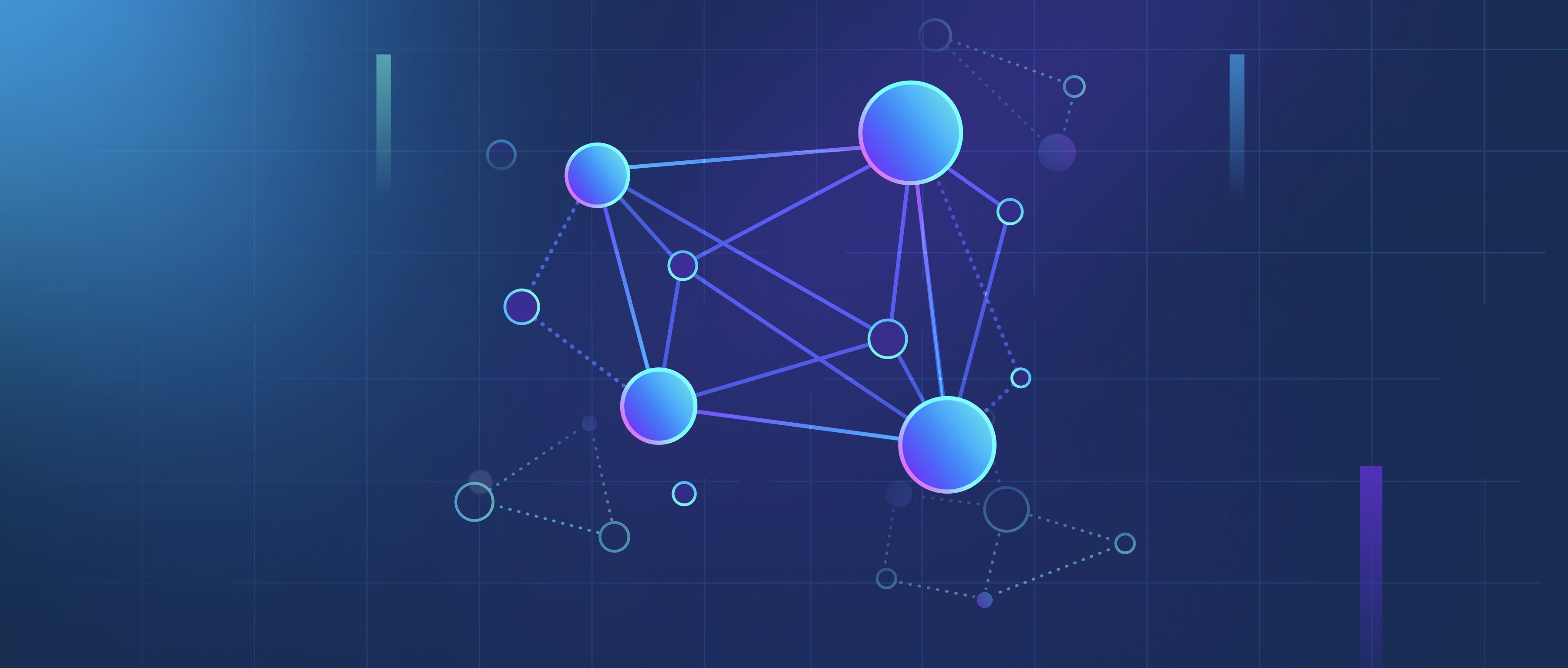Classical computation plays a crucial role in hybrid quantum systems by complementing the capabilities of quantum computers. While quantum computers excel in processing certain types of problems, classical computers are essential for managing tasks that quantum systems cannot efficiently handle. Hybrid systems use classical components to prepare, control, and analyze data that quantum systems generate. They serve as intermediaries, utilizing classical algorithms to facilitate the overall computation process.
For instance, in quantum algorithm implementation, classical computation can preprocess data that is required for the quantum system to operate effectively. This includes tasks like error correction, which is vital due to the noise and decoherence inherent in quantum systems. An example is the Quantum Approximate Optimization Algorithm (QAOA), which relies on classical optimization techniques to determine the best parameters for the quantum circuit. Here, classical computation iteratively improves the quantum circuit's performance, showcasing how the two systems can work together seamlessly.
Moreover, classical computation is essential for interpreting the results obtained from quantum computations. After a quantum system performs calculations, the output often needs further analysis or is expressed in a format that classical systems can process. For example, any probabilities or quantum states produced need to be mapped to classical variables for interpretation, consumption, or visualization in applications such as quantum machine learning or cryptography. In summary, classical computation provides the necessary support for hybrid quantum systems, enhancing overall performance and making quantum computing more practical and accessible.
